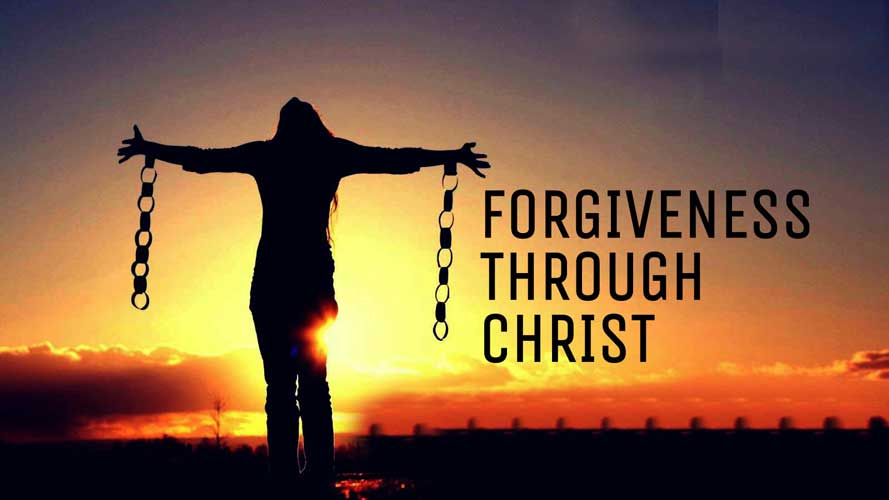The first of the Seven Last Words is spoken when the soldiers are gambling for J’s clothing. But “they” includes not only those men, but the leadership of the Romans and Jews who have put Jesus on the cross. At the station where the weeping women meet Jesus, he ministered to them, and remarking about his own suffering, he said “If in the green wood, they do such things” he means the leadership. And thus, he encompasses both the soldiers and the leaders in this first word. No matter how much plotting, no matter how evil they were, they really did not appreciate God’s great goodness or his plan of salvation, really they do not know what it is that they are actually doing. Jesus wanted this prayer to be imitated by his disciples – he does not give the forgiveness, but asks the Father to forgive them.
In the Nag Hammadi scrolls, there is an account of the killing of St. James, the first bishop of Jerusalem. James was the hero of the Jewish Christians, and there is a very strong tradition that he prayed for God’s mercy on his killer, in the spirit of Jesus His kinsman. And we find this in the bible among the Greek-speaking Christians: very quickly after Pentecost – when Stephen the deacon is being stoned to death, another horrible way to die, he prays for forgiveness of those doing the deed, after he sees the Son of Man, Jesus, at the right hand of God – in heaven, fully equal to God the Father.
Ever since Jesus’s utterance, and Stephen’s and James’ – all martyrs try to imitate Our Lord on the Cross and extend forgiveness to their persecutors. People still find it remarkable to hear someone grant forgiveness in situations of incredible violence and terror. I knew a survivor from the Communist era who heard her priest-father forgive those who turned them in to the KGB and the prisons of Stalin: if you don’t forgive, one said about the man who betrayed her father’s hiding place to the secret police, the hate will eat you up from inside, a spiritual cancer.
So here is a question for all of us in this Lenten season of conversion and repentance and healing: is there someone who I have not forgiven? Am I angry at someone – a person I know, a political or religious movement? Have I failed to forgive those who have damaged me? Society tells us too often that we should not forgive, we should not reconcile, we should hold onto our pain or anger. We know it is not physically or mentally healthy to do so – we know from the Lord Himself that we must ask God to forgive them. We also know from the Lord Himself that we must individually forgive.
After the resurrection, Jesus makes breakfast for the apostles while they are fishing. After they eat, he sits alone with Saint Peter. He asks Peter three times: do you love me? Three times Peter answers – it is the opportunity Christ gives to Peter to atone for denying Jesus three times during the Passion. If Jesus could forgive those who put him on the cross, if Jesus could forgive the close friend who denied and abandoned Him practically to His face, who am I to hold on to my anger, my hurt, my pain? Like that woman who had to forgive the neighbor who betrayed her father to the secret police, we know deep down that holding onto pain and anger is a physical and spiritual cancer eating away at us. It prevents us from loving God fully, from accepting His love, and from loving as He loves.
It is not easy to forgive someone who may not deserve it, who may not even want it, who continues to hurt others or even continues to hurt me. But if the martyrs could do it while they were suffering their own passions, so too can we. If I am holding onto something, this is the year to ask Christ our God that through His life-giving suffering and death, I be freed of it once and for all.



Leave a comment